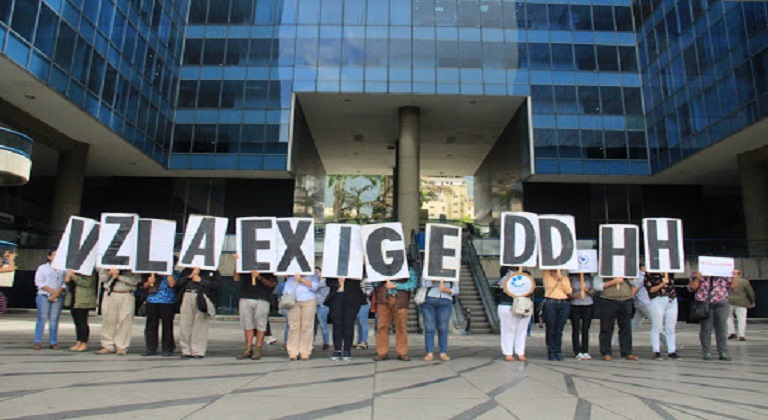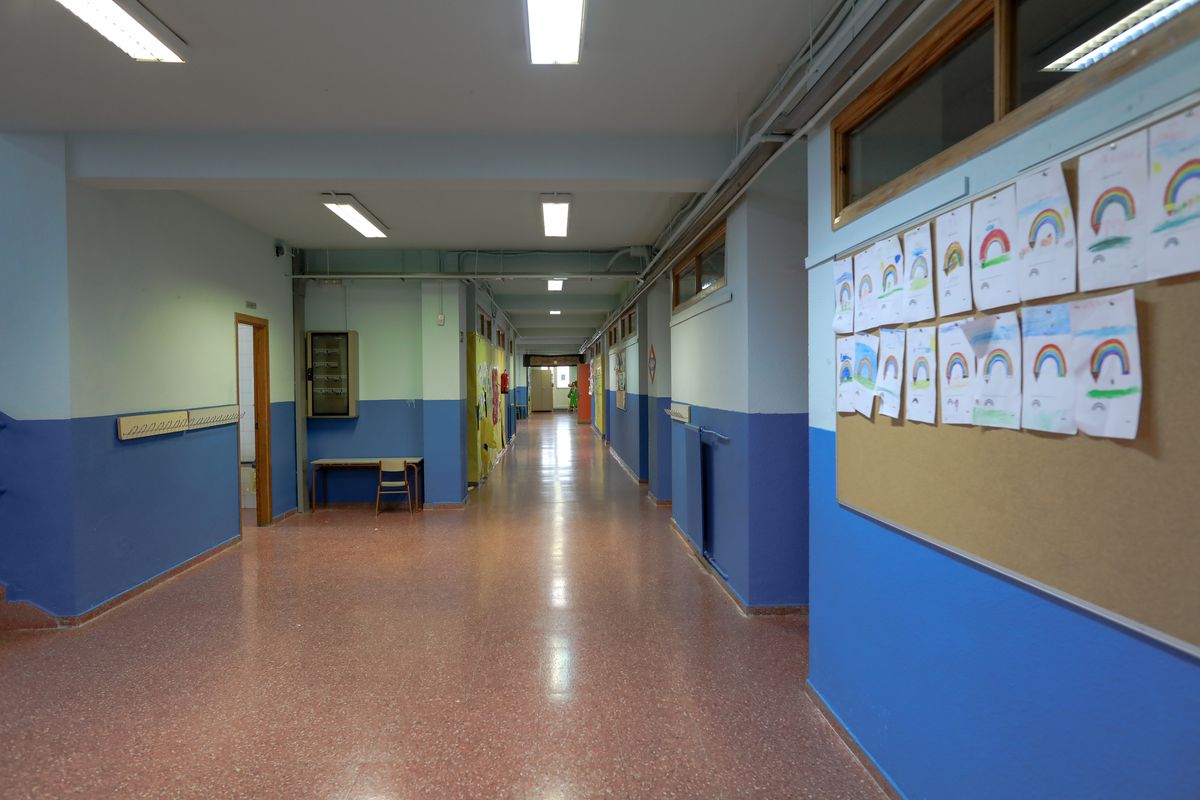Experience tells us that, in the face of a vicious adversary that thrives in crisis thanks to its anti-fragility, an opposition that despises the aggregation of all forces becomes its own enemy…
An eruption of candidates aspiring for the 2024 presidential elections has suddenly become apparent, including some in the opposition who until recently professed the “don’t call it an election” mantra or resorted to abstention as an inalienable moral harness. All of this, by the way, makes the early blooming of candidates more striking.
In no way is the vocation for power reprehensible, of course, the one that -we hope- responds to the desire to achieve democratization through voting. The possible founding election abounds in incentives that other elections did not have. In any case, although belated and bumpy, a wise and pragmatic reorientation is desirable. But again the turn comes as a surprise, a sudden move, a twist that, rather than strategic, seems reactive. It is also surprising the determination to start by the end: looking for someone who embodies a national project when there is not even clarity regarding what that political offer will be like or how it will be guaranteed broad support. Charisma, personal charm or popularity seem to once again top the list of requirements for such an assignment, rather than the proposals and relational innovations that circumstance forces us to deploy.
However, what some people underestimate when responding to the “here and now”, to the present that always threatens to cut the string under which the ephemeral occasion hangs, does not seem insignificant. A plan that prefigures a vision of a State, arising from a robust political consensus, is no small thing at this point, nor can it be dispatched on account of the usual we will see. Thus, once again, what is urgent threatens to crush what is important. Embracing the democratic modes of power transfer without shielding the qualities of that change could lead us to new dead ends. Far from propping up the long term, the syndrome of “I am also a candidate” – much like the farce written by Venezuela musician Rafael Guinand in 1939 – reveals an opposition that, instead of maturing, continues to be seduced by improvisation. (It is worth remembering Giulio Andreotti’s poignant sentence: “Power wears out those who do not have it”…)
The truth is that after the history of literal and symbolic scrapping left by these years, the idea of rebuilding the political nation, and the idea of integration synthesized into a social contract, is not a minor matter. A realistic vision of power should therefore consider not only the dramatic distance that separates us from other moments of fair or unfair struggle between Chavismo and the opposition but also the reconfiguration of the motivations and expectations of citizens. The electorate in 2024 will very possibly be different, one that has purged its weariness by turning to the solution of the problems of survival and that, even urged by its emotional brain, will not stop appealing to rational choice (A. Downs, 1957 ). This means that their decision would depend on the gains from voting outweighing those from not showing up to vote. A maximization of benefits that contemplates elements such as the effective value of the vote for the individual, the immediate possibility of gaining something with it; as well as the value of voting per se, or the long-term benefits for citizens in the ideal framework of a democratic system.
Based on the aspiration to encompass plurality, the reconfiguration of an offer that addresses both elements is essential today. It is not about arousing the tough voter with gimmicky formulas that worked at other times, like the manipulation of rage, the epic complaining and the crafty suppression of the solution. It is neither about pre-manufacturing a leader through marketing, without being sure that they possess the attributes of a statesman. Experience tells us that, in the face of a vicious adversary that thrives in crisis thanks to its anti-fragility, an opposition that despises the aggregation of forces becomes its own enemy. An enemy of the possibility of promoting changes that will necessarily demand the “historical incorporation” -as Ortega y Gasset affirmed- of many pre-existing social units into a new structure.
Aware of an illustrious past to which we may not return, it is worth reviewing the referents of other times and their ways of approaching difficulty. This is the case of Betancourt, who devoted himself to a thorough understanding of the Venezuelan reality and the weaknesses and potentialities of the national economy to insert it into the democratic channels of modernity, for example. Wisdom sharpened by study, which led him to evolve from the Marxist influence of the Barranquilla Plan to the more mature conception of a “homemade” social democracy based on consensus, that remains a model of flexibility and ability to embrace change without losing the democratic north. “Conducting programmatic politics from power requires much more than testicular determination”, Betancourt affirmed. This quote invites us to think about that irresistible project of a nation that, before having skilled messengers, must be outlined and built on solid pillars.
Translated by José Rafael Medina




